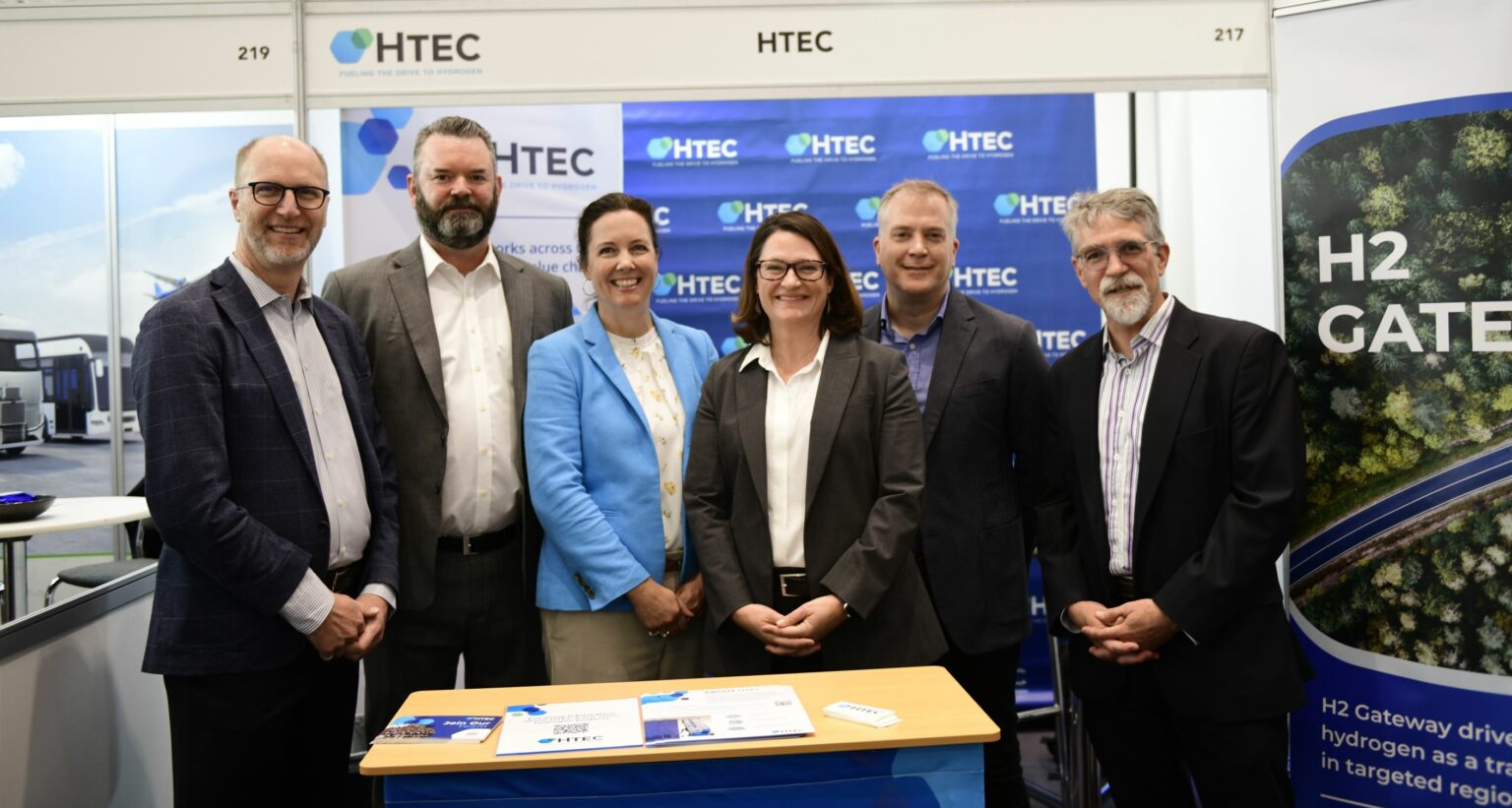HTEC has announced plans to deploy 100 hydrogen-powered Fuel Cell Electric Trucks (FCETs) across British Columbia (BC) as part of its H2 Gateway program. This project, supported by a $10.3 million investment from BC’s Ministry of Energy, Mines, and Low Carbon Innovation, marks a significant step towards a cleaner transportation sector in the province.
Driving Clean Transportation in BC
The H2 Gateway program is designed to accelerate the adoption of hydrogen as a transportation fuel in key regional hubs across BC. With commercial transportation accounting for 25% of the province’s total emissions, deploying hydrogen trucks represents a major effort to reduce reliance on fossil fuels and promote sustainable transportation solutions.
“Hydrogen technology is our best option for building a clean economy in B.C.’s commercial transportation sector,” said the Honourable Josie Osborne, BC’s Minister of Energy, Mines and Low Carbon Innovation. “HTEC’s project deploys 100 hydrogen trucks, helping to reduce the sector’s reliance on fossil fuels. Innovative, forward-thinking projects like this drive our clean economy and create good jobs far into the future.”
Infrastructure and Implementation
As part of the H2 Gateway initiative, HTEC plans to deploy an initial fleet of 100 heavy-duty, zero-emission FCETs. HTEC will also build and operate an interprovincial network of up to 20 new hydrogen refueling stations to support this fleet. These stations will be supplied by three new clean hydrogen production facilities located in Burnaby, Nanaimo, and Prince George. Additionally, a facility in North Vancouver will liquefy 15 tonnes per day of vented by-product hydrogen.
Jeff Grant, Vice President of Transportation Solutions at HTEC, expressed gratitude for the provincial support. “Building on HTEC’s BC Hydrogen Pilot Trucks Project and the BC Hydrogen Ports Project, the H2 Gateway program will establish the first large-scale, heavy-duty hydrogen-powered fleet of trucks to operate in BC,” said Grant.
Vehicle Leasing and Management
The trucks will be managed and leased through HTEC’s new Vehicle Leasing Corporation (VLC), a wholly-owned subsidiary of HTEC. VLC’s mission is to manage vehicle deployment and enable coordinated hydrogen supply and demand in targeted regions, focusing on Class 7 and 8 hydrogen-fuelled trucks. VLC will offer a comprehensive service package for fleet operators, including vehicle procurement, maintenance services, and regulatory compliance.
HTEC VLC’s approach includes working closely with leading original equipment manufacturers (OEMs) to procure the best hydrogen-powered vehicles. The company also ensures compatibility with hydrogen refueling infrastructure and provides preventative and corrective maintenance services. To further enhance service, HTEC VLC uses proprietary telematics to monitor vehicle performance, ensuring high availability and reliability.
Environmental Impact and Benefits
The heavy-duty transportation sector significantly contributes to BC’s greenhouse gas emissions, accounting for approximately 9% of the province’s total emissions in 2021. Hydrogen-powered FCETs, using low-carbon hydrogen produced in BC, can emit approximately 92% fewer emissions per year than standard diesel trucks.
